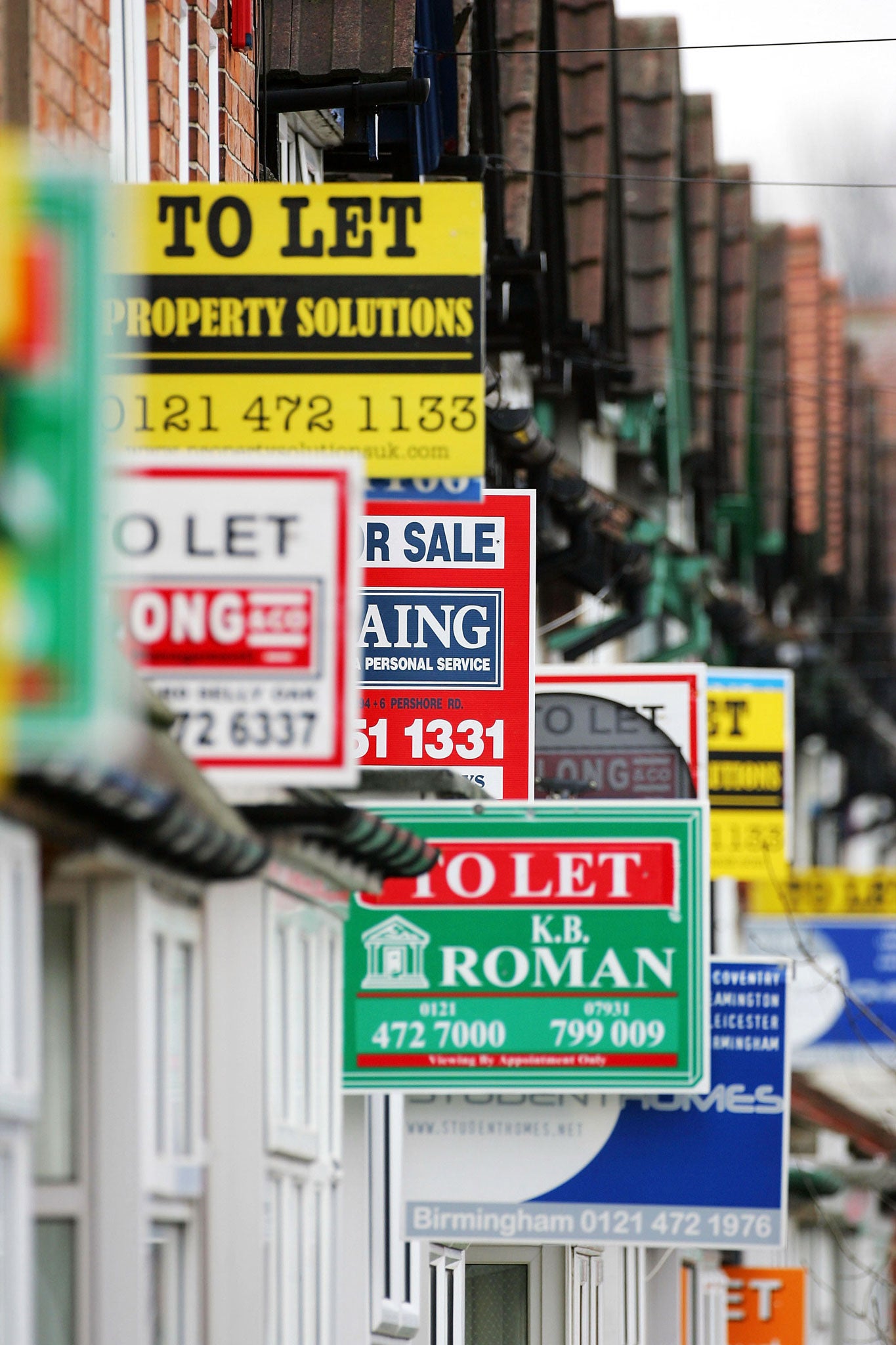British middle classes will be replaced by 'tiny elite and a huge sprawling proletariat', says Government adviser
David Boyle, a fellow of the New Economics Foundation think tank, said that soaring house prices would destroy the traditional middle classes

Your support helps us to tell the story
From reproductive rights to climate change to Big Tech, The Independent is on the ground when the story is developing. Whether it's investigating the financials of Elon Musk's pro-Trump PAC or producing our latest documentary, 'The A Word', which shines a light on the American women fighting for reproductive rights, we know how important it is to parse out the facts from the messaging.
At such a critical moment in US history, we need reporters on the ground. Your donation allows us to keep sending journalists to speak to both sides of the story.
The Independent is trusted by Americans across the entire political spectrum. And unlike many other quality news outlets, we choose not to lock Americans out of our reporting and analysis with paywalls. We believe quality journalism should be available to everyone, paid for by those who can afford it.
Your support makes all the difference.Rising house prices will see the British middle classes disappear within 30 years, leaving behind a tiny elite and a huge proletariat, a Government adviser has warned.
David Boyle, a fellow of the New Economics Foundation think tank, said that for many young people today owning their own home was a pipe dream.
Speaking at the Hay Festival in Wales, he envisaged a Britain made up of a “tiny elite and a huge sprawling proletariat” who have no chance of “clawing their way out of a hand-to-mouth existence”, The Telegraph reported.
Mr Boyle, who sits on the Liberal Democrats’ federal policy committee, predicted that the average house price by 2045 would stand at £1.2 million, meaning that only the fortunate few would be able to purchase property.
And he said that the traditional middle classes would have to work multiple jobs - with scarcely any leisure time – just to be able to pay rent.
“The really scary thing is if in the next 30 years house prices rise as much as they have done in the last 30 years then the average house in Britain will cost £1.2 million,” he said.
“We cheered the rise of property prices not realising that it would destroy, if not our own lives, but the lives of our children.
“The place where this is heading is a strange society with a tiny elite and a long struggling, straggling line which is the rest of us, a new proletariat, who will be in hock to Landlord PLC.
“We won’t own our own homes, we won’t be able to afford it.
“It will constrain our dreams and constrain the dreams of our children. It’s a new kind of economy where there are no middle classes at all.
“Nobody in society will have the kind of space in their lives, space in their homes, space in their careers for any kind of culture at all, because we will be having three or four jobs to make ends meet.
“I think it will impoverish society, make it more intolerant and make it more difficult to live.”
Tracking the problem back though history, Mr Boyle criticised Margaret Thatcher for abandoning the Supplementary Special Deposit Scheme, which capped the amount of money banks could lend for mortgages.
But he conceded such a scheme was unlikely to prove popular today and instead suggested a “parallel” housing market on which new properties were sold at a set price for 100 years.
He went on to say that Ukip had benefited from the disillusionment of the middle classes.
“You saw this huge revolt. I think what happens when you suppress the dreams of the middle classes is you get rather peculiar and very dangerous political movements beginning to emerge,” he said.
“That doesn't forgive people voting in the neo-facists but it does somehow explain it.
“Very unequal societies are very inflationary societies and in the end it drives out those other degrees in society until it becomes very flat and very desperate.
“The middle classes have to wake up to prevent it happening and to create a political movement that will do it. I don’t think Ukip is it.
“You could say that it doesn’t matter and that a more classless society would be a good thing.
“I think if there is no place in the middle that anywhere can go to claw their way out of desperate hand to mouth existence, and the precariat, then that condemns us all to a precarious existence because there is no ladder.”
Join our commenting forum
Join thought-provoking conversations, follow other Independent readers and see their replies
Comments